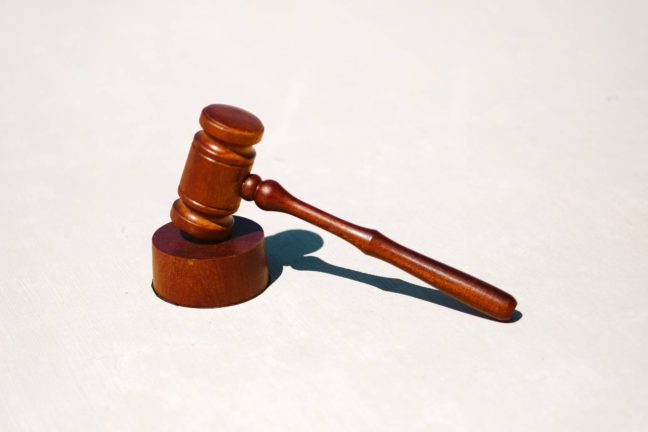The Virginia statute of limitations establishes a specific timeframe within which individuals must exercise their legal rights. If they don’t meet the time limits defined in this statute for taking legal action, their rights may be forfeited permanently.
In most cases, the statute of limitations for making a personal injury or wrongful death claim in Virginia is two years. However, there are exceptions to this rule.

Protect Your Rights
A personal injury lawyer in Virginia must start a legal action within two years from the date of the injury. The case does not need to be completed within this period, but it does need to be formally initiated before that time limit is reached. The most common action to fulfill this requirement is the filing of a lawsuit.
Various circumstances can temporarily suspend or delay this date. The limited discovery rule, for instance, allows for an extension if an individual, despite their best efforts, was unable to discover that they were the victim of a personal injury caused by another party.
For the discovery rule to apply, the injured party must provide proof of their inability to discover the injury. Common scenarios include cases of medical malpractice where a foreign object is left inside a person’s body, incidents where a person is in a prolonged coma and cannot recall facts related to the case, or cases involving actual fraud or deliberate efforts by a medical provider to conceal an injury to prevent the injured party from discovering the nature of what happened.
Calculating the Date
An injured person must file a lawsuit and/or reach a settlement with the at-fault party’s insurance company, within two years from the date of the accident. However, it is not always easy to figure out this date.
For example, if someone was in an accident on January 1st, 2020, it doesn’t mean they had until exactly January 1st, 2022 to file a lawsuit or settle the case. Rather, they had until December 31st, 2021 to meet the two-year deadline. Filing on January 1st would be a day too late because the date is determined by two years (or 730 days) from the accident, not on the second anniversary. This is a common misconception that can seriously impact the rights to a claim.
Other Aspects of the Statute to Understand
The statute of limitations for personal injury cases is designed to provide accident victims with time to recover from their injuries or to learn that recovery may not be possible. If the date is fast approaching and the victim is still receiving treatment and not yet well, a motion can be filed by their attorney to extend the statute of limitations for six months. Once approved, the suit can be refiled and an additional year could be added to the timeline.
In reality, a lawyer can use other aspects of Virginia law to extend the time available to settle or proceed to trial by four or more years. Their client may need this time to recover and be in the right condition for a trial or settlement negotiations.
If a minor was involved in an accident, the statute of limitations is two years following their eighteenth birthday. There are some nuances to when the clock starts ticking if the child was granted emancipation from their parents before they were eighteen or their parents acted on their behalf. Parents have a five-year window from the date of the accident to file a lawsuit or settle a claim for the medical expenses incurred on behalf of their child.
Get the Right Advice
The first thing you need to do to make sure you abide by Virginia’s statute of limitations is to consult with an attorney from Coastal Virginia Law. We can explain the timelines as well as if personal injury settlements are taxable and what percentage lawyers take from personal injury settlements.



